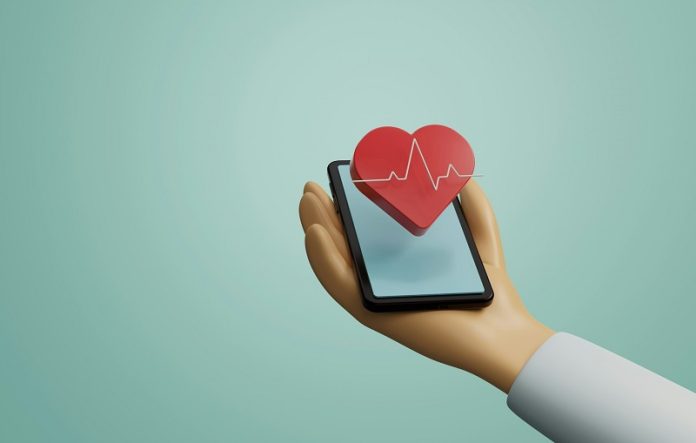
A recent study led by the Duke Clinical Research Institute found that wearable, long-term heart monitors are effective in detecting more cases of atrial fibrillation (AFib), a common irregular heart rhythm.
However, despite identifying 52% more cases of AFib compared to standard care, the study did not show a reduction in stroke-related hospitalizations.
The study’s findings were presented on September 1 at the European Society of Cardiology meeting and published in the Journal of the American College of Cardiology.
The research aimed to explore whether using wearable heart monitors to screen for AFib could lead to better treatment and, ultimately, lower the risk of strokes.
AFib is often undiagnosed but can significantly increase the risk of ischemic stroke, a type of stroke that can be prevented with the use of oral anticoagulants (blood thinners).
“While we know AFib can lead to strokes, we still need clear evidence that screening for AFib and treating it can reduce stroke risk,” said Dr. Renato Lopes, the study’s lead author and a professor of medicine at Duke University.
The study involved about 12,000 participants in the U.S., all of whom were at least 70 years old and had no history of AFib.
Half of these participants were randomly selected to wear a continuous heart monitoring device for 14 days, while the other half received standard care without the device.
During the median follow-up period of 15 months, the group using the wearable monitors had a 52% higher rate of AFib detection compared to the standard care group.
Despite this significant increase in detection, there was no noticeable decrease in stroke-related hospitalizations, nor was there an increase in hospitalizations due to bleeding, which is a common concern with blood-thinning medications.
The study was initially planned to include 52,000 participants, which would have provided more definitive answers about the impact of AFib screening on stroke rates. Unfortunately, the COVID-19 pandemic forced an early end to the study before it could reach this goal.
“Although the results are inconclusive, we’ve learned valuable lessons that can guide future research,” Dr. Lopes noted. He also highlighted the innovative study design, which allowed patients to enroll online and use self-applied heart monitoring devices at home with remote support.
This approach could be used in future studies to further explore the benefits of AFib screening and stroke prevention.
If you care about heart health, please read studies about how vitamin D influences cholesterol levels, and what we know about egg intake and heart disease.
For more health information, please see recent studies about best supplements for heart disease prevention, and wild blueberries can benefit your heart and brain.



